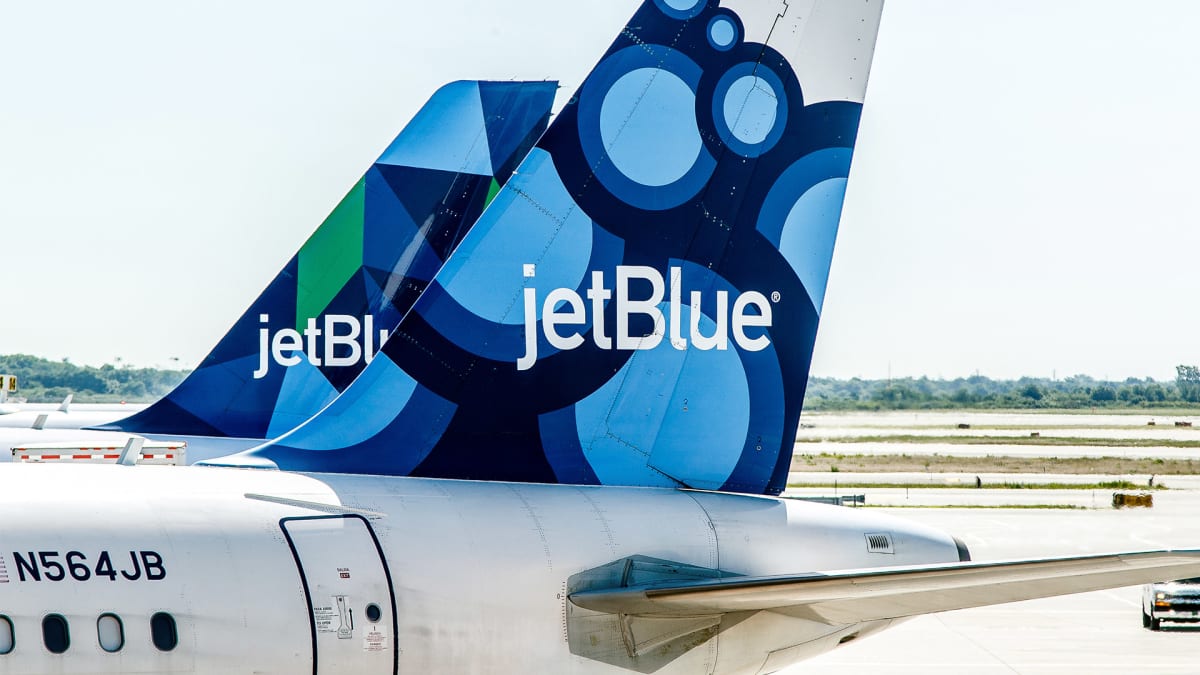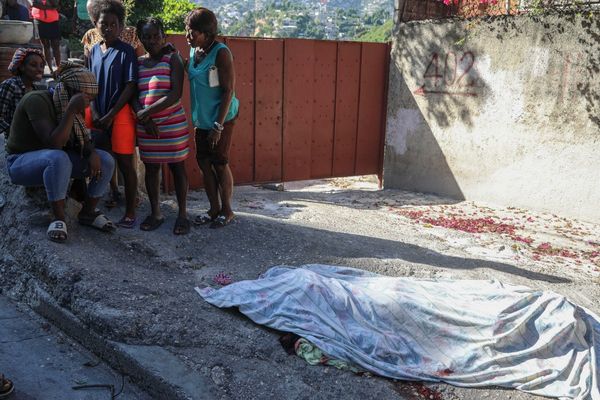
This is expected to be a busy summer for the aviation industry, as demand for air travel continues to rebound from the pandemic lows of 2020. In fact, more than half of all adults plans to travel for leisure in the next six months.
The problem is that at the moment, the industry is perilously understaffed, and therefore can't fly as many planes as it used to.
Don’t Miss: Some Travelers Are Demanding This Sought-After Airline Accommodation
The industry’’s lack of pilots tends to get all the attention. At the moment, this problem is finally getting the industry’s money as it attempts to recruit and train enough people to make up for all the pilots who retired during the pandemic. But the industry also lacks enough air traffic controllers, which is going to cause a headache for the New York City area.
The U.S. Federal Aviation Administration, which manages air traffic control, has warned airlines that it is only staffed to 54 percent of target levels in the New York City area, which could lead to significant flight delays.
In order to prevent too many disruptions, the regulator will allow airlines to reduce up to 10 percent of their slots and runway timings at New York’s JFK and LaGuardia airports, as well New Jersey’s Newark airports from May through September.
Normally, if an airline doesn’t use a slot, it goes to someone else. But for this summer, that rule has been lifted.
In response, JetBlue (JBLU) has postponed the launch of three new flights between JFK and Washington Reagan National to September from June. It’s It’s also cut back on six routes from JFK, including to Dallas-Fort Worth, Miami, Rochester, and Syracuse, and also canceled JFK-Worcester flights from June 15, according to Airline Weekly.
And of course, when you take flights off a schedule, that’s fewer opportunities for anyone to catch a flight, which could possibly cause a natural uptick in both congestion and ticket prices. “This is going to be a most challenging summer ahead,” JetBlue President Joanna Geraghty during the company’s recent first-quarter earnings call.
No 'Short Term Fix'
Even before the pandemic, the industry was struggling to get enough air traffic controllers. It takes about three years to train and certify a new air traffic controller, but the process was largely paused during the pandemic, and its been a slow restart.
“This has been an on-going issue for years, [and] it’s gotten worse,” Geraghty said, adding that there is no “short-term fix.”







